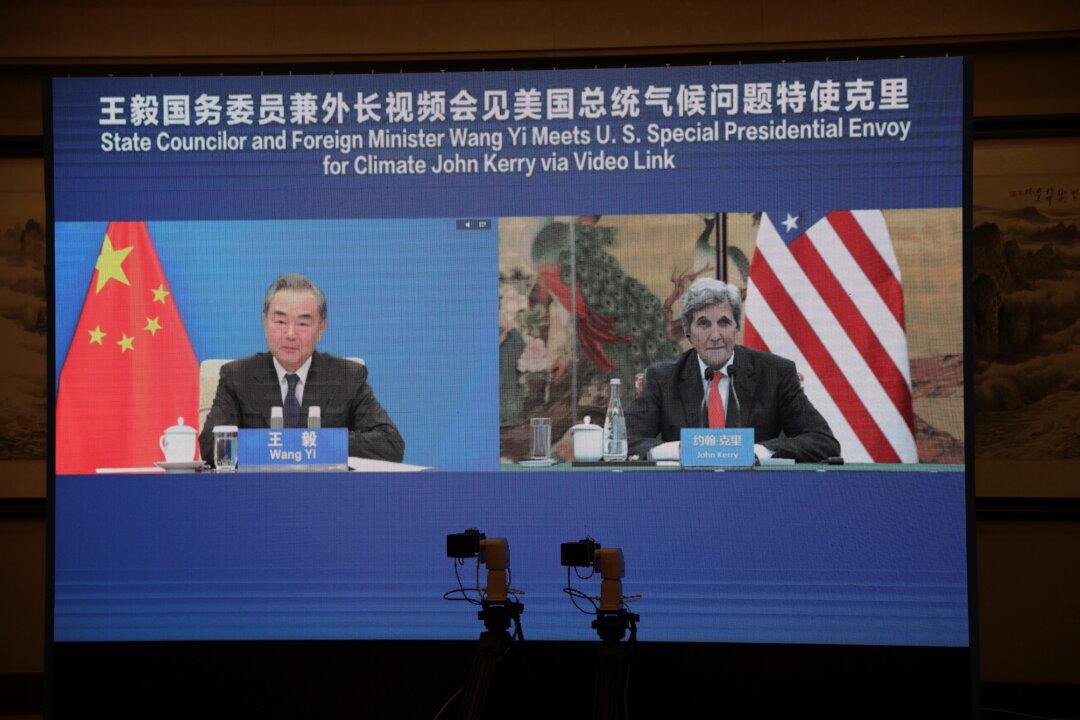Commentary
The Biden administration’s recent visit to China has highlighted Washington’s failure to fix the climate change problem.

The Biden administration’s recent visit to China has highlighted Washington’s failure to fix the climate change problem.